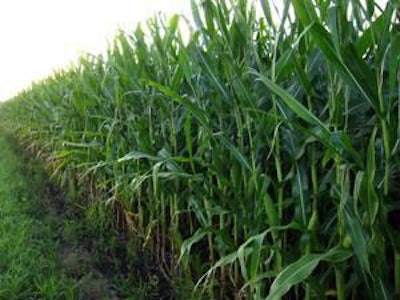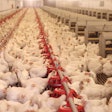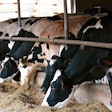
According to the U.S. Department of Agriculture, over one-third of farmers in the United States are 65 and older, and 50 percent of current farmers are expected to retire within the next decade. Nationally, only five percent of principal farm operators are under the age of 35.
These are sobering numbers.
On the other hand, there are days when I see articles about the “large number” of young people leaving their high-power corporate positions to take up farming. I always experience a mental disconnect when I see those articles, but it is only momentary as I realize what are being discussed are small “boutique farms” and not large production farms.
While I understand the attraction that some have for turning to small organic farms – disenchantment with the corporate world, a growing environmental awareness or just a desire to be “more in touch” with the earth, it grieves me that a glance at my social media feeds reveals one highly educated (though uninformed) person after another talking about the “evils” of large farming.
In my opinion, providing food for the world is perhaps the noblest cause of all. Unfortunately, that view is not shared by too many young people. And for those who do want to pursue a career in large-scale farming, there are numerous hurdles to overcome.
With that in mind, I am heartened by efforts such as those by Kevin Moore, associate professor, agricultural and applied sciences at the University of Missouri. Moore offers a class titled “Returning to the Farm.” In his course he helps students understand the potential challenges of getting into farming. For many young people that have been raised on a farm, they may have excellent farming skills but little knowledge of the intricacies of running a business. Moore’s class helps them to see potential pitfalls and allows students to forecast different farming scenarios to see if there is one that will work for them. Over the years, approximately three-quarters of Moore’s students have ended up going into farming.
Since one of the commonly heard complaints by those who choose “boutique farming” is the inability to make a profit (or break even), perhaps Moore’s class is exactly what they need. And maybe then large-scale farming will make more sense.














